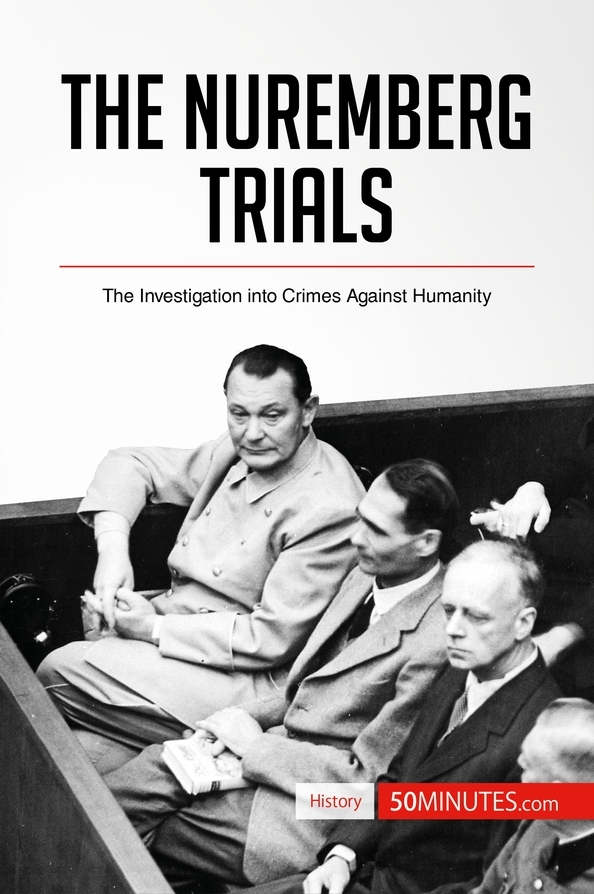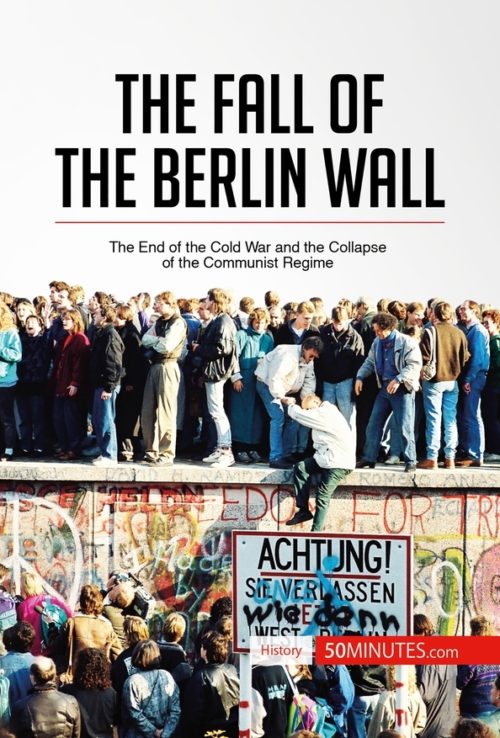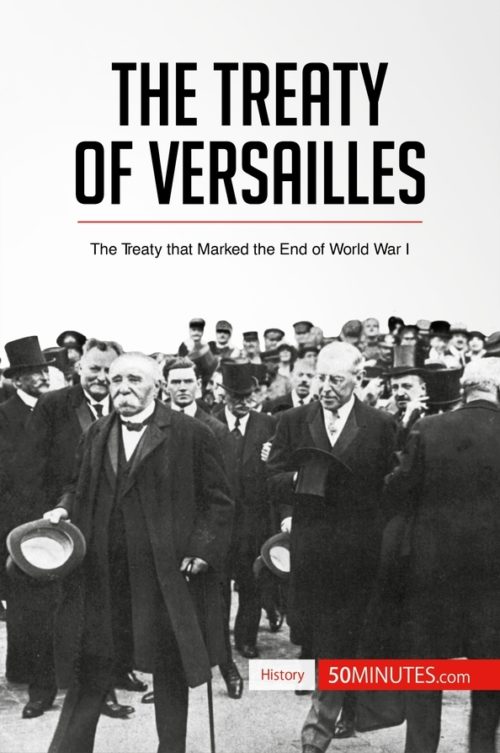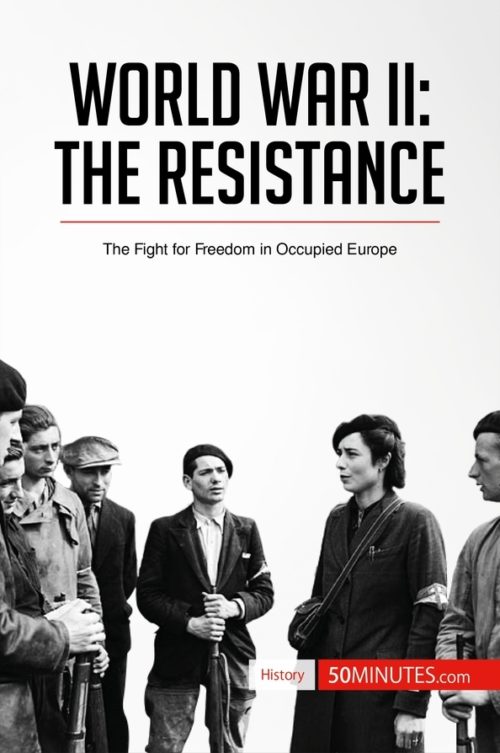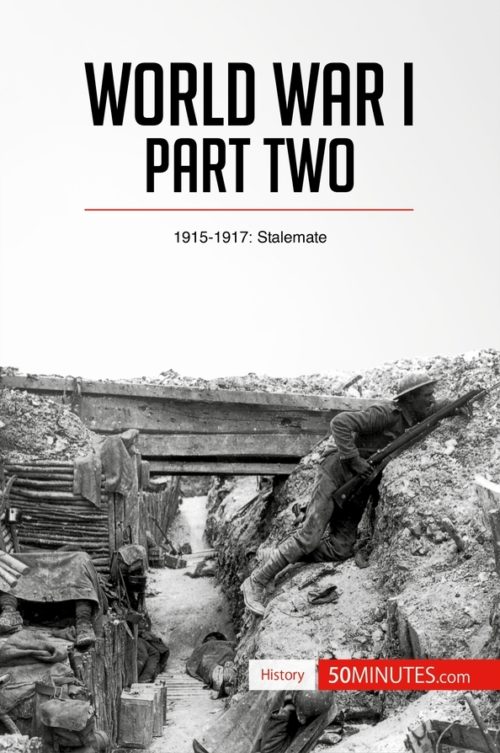The Nuremberg Trials
The Nuremberg Trials
$4.99
Read more
The Nuremberg trials were the first international military tribunal in history and aimed to make key figures in the Third Reich answer for their crimes. They took legal action against 24 Nazi leaders, including Herman Göring, and 8 different organizations on charges of conspiracy, war crimes, crimes against peace and crimes against humanity. In just 50 minutes, you will find out how these trials had a significant effect on international criminal jurisdiction and understand their profound influence on legal history.
This straightforward and informative book provides a thorough discussion of the key moments in these tense trials, including the evidence relating to the Katyn Massacre, the opening of the trials and the fate of the participants. It also features a full biography of the judges, a valuable introduction to the context of the trials and an evaluation of their impact on the future of international law, giving you all the essential information about this crucial episode in the aftermath of the Second World War.
About the Nuremberg trials
The Nuremberg trials were a series of hearings which took place in the aftermath of the Second World War, between November 1945 and October 1946. The trials came about as a result of a general outcry against the horrors of the Nazi regime and a desire for justice to be done. This was the first time that there had ever been an international military tribunal; the Nuremburg trials paved the way for the establishment of international courts. The trials, as their name might suggest, took place in Nuremberg, Germany and were presided over by four judges, each from one of the Allied countries.
This clear and accessible 49-page book is structured as follows:
- Introduction to the Nuremberg trials
- Context
- How can we rule on war?
- Convictions of crimes in the Second World War
- Preparing the trial
- The list of defendants
- Key protagonists
- Lord Justice Geoffrey Lawrence, British judge
- Robert H. Jackson, Supreme Court Justice
- Hermann Göring, Reichsmarschall
- Albert Speer, Minister of Armaments and War
- Production of the Third Reich
- The Nuremberg trials
- The opening of the trials
- The hearings’ proceedings
- A flood of revelations
- Soviet grey areas
- Deliberations
- The verdict
- The fate of those who were acquitted or imprisoned
- Impact of the Nuremberg trials
- International jurisdiction
- Defining crimes against humanity
- Summary
Product details
| ISBN | 9782806289896 |
|---|---|
| Publisher | Plurilingua Publishing |
| Series | 50MINUTES.COM – History |
| Format | |
| Pages | 49 |
| File size | 5.5 MB |
